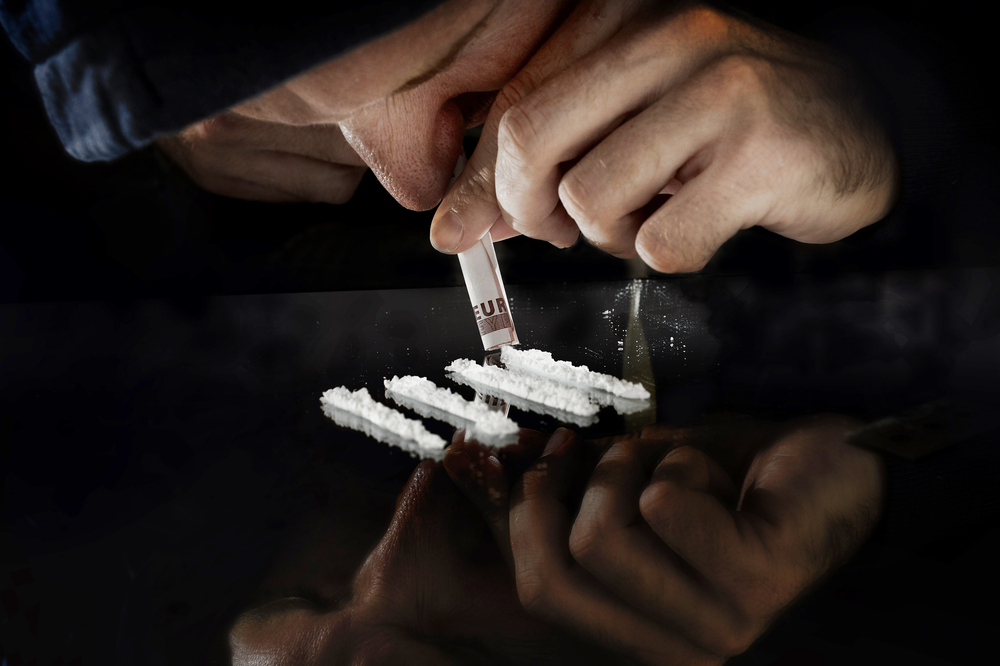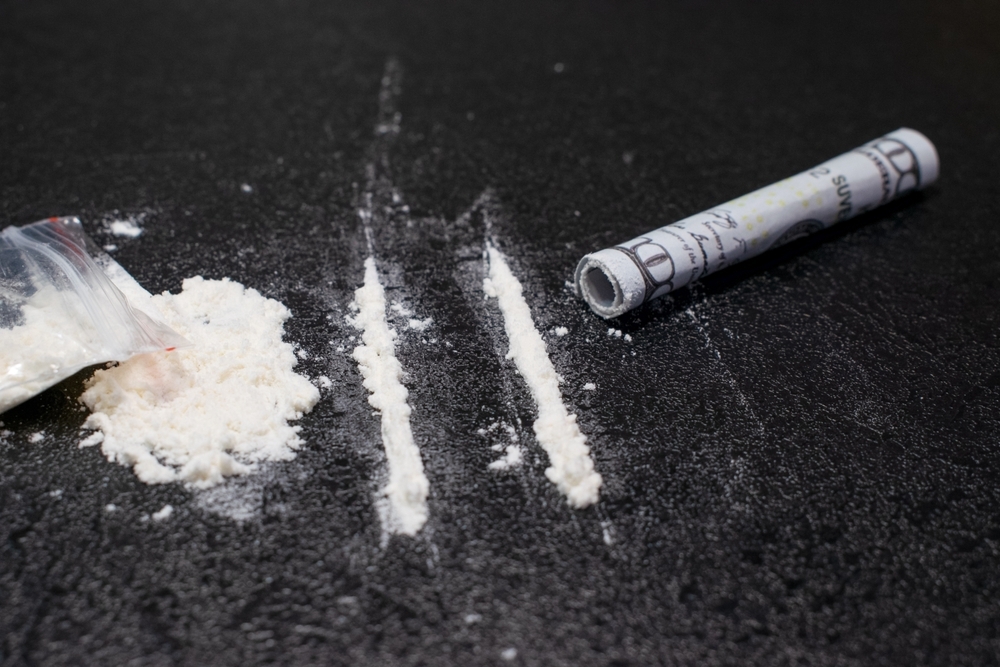Last Updated:
May 28th, 2025
Cocaine Detox | Dealing with Cocaine Withdrawal
Cocaine detox is the gateway to a life where cocaine is no longer in control. It can offer hope, healing and a path to recovery that can seem impossible when you are caught in the snare of cocaine addiction. However, many people have misconceptions about cocaine detox and how scary or dangerous it can be. This can make them reluctant to take this first, life-changing step. This page will explain how to detox your body from cocaine safely to reduce any risks and give you the reassurance to seek professional help.

What is cocaine detox?
Cocaine is a very potent stimulant that influences the way your brain processes pleasure, causing significant changes in the reward system. Continued use of cocaine results in physical dependence where your body and brain expect the presence of the drug to feel pleasure or even operate normally. If cocaine is suddenly not there because you try to quit, your systems can react in protest (cocaine withdrawal), which often leads to failure and relapse.
Cocaine detox is designed to sever the chains of physical dependence while keeping cocaine withdrawal symptoms under control. By carefully and gradually reducing cocaine levels in your systems, you can adjust bit by bit until your brain and body return safely to pre-cocaine functioning.
Cocaine detox is a pivotal starting point for comprehensive recovery, cleansing your body and clearing your mind. This can prepare you mentally and physically to tackle the root issues that have fuelled your cocaine dependency.
What is cocaine withdrawal?
Cocaine withdrawal occurs when someone who is dependent on cocaine abruptly decreases or stops their use. Many first attempts to quit involve stopping “cold turkey,” a sudden cessation that can be manageable for occasional users. However, for those with a cocaine addiction, quitting cold turkey can shock the system, leading to a range of physical and psychological withdrawal symptoms. These cocaine withdrawal symptoms persist until your brain has rebalanced or you relapse and return to cocaine use.
Not everyone experiences the same symptoms of cocaine withdrawal, but the most frequently seen are:
- Intense cravings for cocaine
- Mood fluctuations, including constant irritation, anxiety and mood swings
- Relentless fatigue
- Increased appetite
- Depression
- Sleep disturbances, including insomnia, oversleeping or vivid, unpleasant dreams
- Physical discomfort like aches and pains, chills and flu-like symptoms
- Problems with focus and clear thinking
- Paranoia or suspicion
How long does it take to detox from cocaine?
Cocaine withdrawal does not follow a one-size-fits-all pattern and can vary significantly based on personal health history and drug use patterns. The length of time someone has used cocaine, their overall physical and mental health and the influence of other concurrent substance withdrawals can all extend and complicate cocaine detox. This is why a personal approach to cocaine detox is so vital for addressing the unique challenges that may arise.
To give you at least some idea of what you can expect, here is a typical cocaine withdrawal timeline for reference:
Day one: The onset of cocaine withdrawal
Symptoms of cocaine withdrawal can start abruptly, usually within hours after you last took the drug. This phase brings about a swift decrease in your energy and mood. You will probably experience complete exhaustion and yet struggle with insomnia and may face additional cocaine withdrawal symptoms like anxiety, depression, irritability and persistent cravings.
Days two to four: Peak cocaine withdrawal
During days two to four post-cocaine use, you will enter the acute withdrawal phase. While some of the initial physical symptoms, like fatigue, may decrease, psychological symptoms often worsen, making this period very tough. You may encounter heightened agitation and restlessness, experience paranoia or suffer from vivid and unpleasant dreams. Physical cocaine withdrawal symptoms such as muscle aches, chills, nerve pain and a loss of appetite; a reduced appetite may also appear and worsen as the days go on.
Days five to fourteen: A period of gradual adjustment
From around day five for about another week and a half, you will typically see a marked decrease in both acute physical and psychological symptoms. However, cravings for cocaine are usually not as quick to fade and may still occur, particularly if you encounter triggers associated with cocaine use. This stage demands robust support to handle these persistent cravings effectively.
Coping with PAWS after cocaine detox
In some rare cases, cocaine withdrawal symptoms can keep affecting you beyond the first two weeks. This is known as Post-Acute Withdrawal Syndrome (PAWS), and it often involves enduring psychological symptoms of cocaine withdrawal. You may experience waves of anxiety and depression, night after night of sleep disturbances, changes in your appetite and intense cocaine cravings. The unpredictability of these symptoms makes this a vulnerable time for relapse, so it is crucial to have robust support systems and coping mechanisms in place.

The benefits of professional cocaine detox
Detoxing at home might offer convenience and privacy, but the critical benefits offered by a professional cocaine detox centre can ensure a safer and more successful recovery. These benefits include:
Contact us today for cocaine detox support
With the UK’s wealth of top-tier cocaine detox options, selecting the right one can seem like searching for a needle in a haystack. That is where Addiction Helper comes in. Our expertise and experience will help you streamline your decision process, connecting you with a cocaine detox centre which aligns with your recovery goals. Contact us today to find out more.
Our compassionate team are ready and available to take your call, and guide you towards lasting the lasting addiction recovery you deserve.
Frequently Asked Questions
(Click here to see works cited)
- Durrani, Mateen. “Cocaine detox | Cocaine withdrawal symptoms & treatment.” Oasis Bradford, 18 December 2024, https://www.oasisrecovery.org.uk/detox/drug/cocaine/. Accessed 18 February 2025.
- UK Addiction Treatment Centres. “Cocaine detox | What to expect from cocaine detox | UKAT.” UK Addiction Treatment Centres, 8 January 2024, https://www.ukat.co.uk/detox/drug/cocaine/. Accessed 18 February 2025.
- UKAT London Clinic. “Cocaine Addiction Treatment (Detox and Rehab).” UKAT London Clinic, 14 August 2024, https://www.ukatlondonclinic.com/drug-addiction-treatment/cocaine/. Accessed 18 February 2025.

